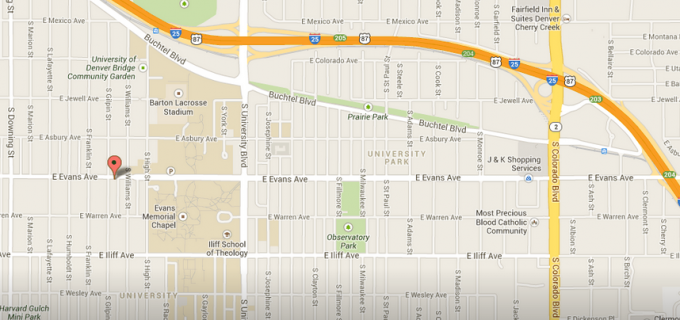
We get a lot of questions about local search engine optimization, usually something along the lines of: “should I bother doing local search engine optimization?”. The answer is yes, and we’re not being glib or salesy by saying that. Local search engine optimization is for everyone…even if you don’t want your location visited, but first let’s define what we’re talking about.
Local search engine optimization (or Local SEO) refers to specialized search engine result listings which are served when a user is looking for products or services in a geographically defined area. For example, if a user searches for, “coffee roaster denver co”, they are probably searching for a physical location, and search engines like Google are likely to serve listings from Google Maps (including results from Google+), as well as other local search engines like Yelp or YellowPages.
So why is local SEO right for everyone? Here are a few use cases:
Businesses Open to the Public
This is the perfect case for local SEO. A coffee shop in Denver wants customers to know vital information such as: address, hours, products offered and feedback from real customers. Have a look at the two listings below; one is claimed and optimized, the other is not.
Businesses Open by Appointment
Some businesses may set up meetings in their offices, but don’t expect any walk-in clients. These companies should still be using local SEO to provide vital information about the business such as contact information, hours of operation and address. During the optimization process their SEO can clearly state that the business is open ‘by appointment’ to discourage walk-ins.
Businesses Closed to the Public
Businesses with warehouse operations, safety requirements or businesses run out of someone’s home might not want anyone to visit that location at all. During the process of claiming a listing, the business owner can remove or correct the content of any location they own. They can clearly state to would-be visitors that, “This location is the warehouse. Our tasting room is at 123 Fake Street” (for example).
One of the worst outcomes of not claiming and optimizing your profiles is that there may be outdated, incorrect or unintentionally misleading information in local search engine results. Search engines create profiles for any business they can find whether we want them to or not, so it’s worth the time to claim, verify and optimize the information that is already out there. If you aren’t sure how to claim local search engine listings, or would like to bring in a professional from the start, get in touch with us. We’d be happy to help you get started.



